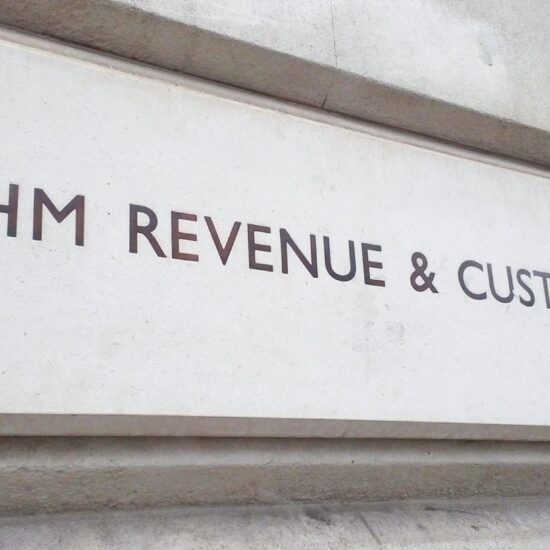Beware tax trap of 53-week leap year
Sara White, Editor, Accountancy Daily
Workers who are paid on a weekly basis could face an unexpected tax bill due to the leap year creating a 53-week pay cycle, warn tax experts
The issue arises due to the incidence of a leap year, when employees can see themselves paid for an extra week of the year, bringing their total number of weeks to 53, but it only affects people paid on Thursday or Friday.
Employees who are paid on Thursday 4 or Friday 5 April may owe extra tax because of receiving an ‘extra’ paycheque in the 2023/24 tax year, warns the Low Incomes Tax Group (LITRG).
Week 53 will not affect monthly paid employees or those paid on Saturday, Sunday, Monday, Tuesday or Wednesday as there are only 52 of these days in the 2023/24 tax year.
Those paid weekly will be paid 53 times rather than 52 across the year. In these circumstances, HMRC allows employers to give them more of the tax-free personal allowance than they are entitled to so that their take home pay is not affected. However, this means that they will underpay tax.
Meredith McCammond, technical officer for LITRG, said: ‘Where employees are paid weekly, the PAYE system is designed to assume you are paid 52 times a year.
‘Each week, you get a 1/52 proportion of your tax-free personal allowance (£242 a week). By the end of the tax year, this means that normally you would pay the right amount of tax.
‘But for years in which 53 paydays fall, as happens this year, if you are paid at the end of the week on a Thursday or Friday, the system gives you an extra £242 chunk of tax-free personal allowance.’
The PAYE regulations are such that an individual’s personal tax allowance of £12,570 is typically used over a period of 52 weeks, where employees / workers are paid weekly.
Week 53 effectively results in a tax liability of £48.40 for basic rate taxpayers, rising to £96 for 40% taxpayers. HMRC can adjust this amount in an employee’s tax code.
Robert Salter, a technical director at Blick Rothenberg, said: ‘The extra personal tax allowance is purely for payroll purposes and will be ‘removed’ when HMRC reviews someone’s overall tax position at the end of the year.
‘As such, individuals in this situation would typically have an adjustment to their subsequent year’s tax code or receive a P800 tax demand to recover the ‘excess tax relief’ that they have received because of the 53rd pay period issue.’
It is important to check your earnings and tax liability on payslips to ensure the correct tax is being paid.
McCammond added: ‘Employees should understand that these tax bills are not due to any error by their employer. They arise simply because of the way the system is designed. Employees should check they agree the bill is correct, by comparing it to their own records, such as their P60.’







